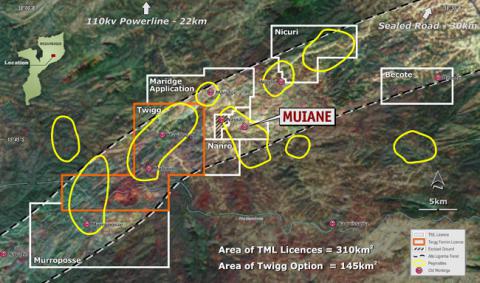Processed or Ultra-processed: is there a difference?
Eating Rules

To combat the voices of health advocates who expressed concerns on the health effects of the Standard American Diet, which is high in processed foods, the food industry cast doubt and reframed the conversation on processed foods.









Spread the word